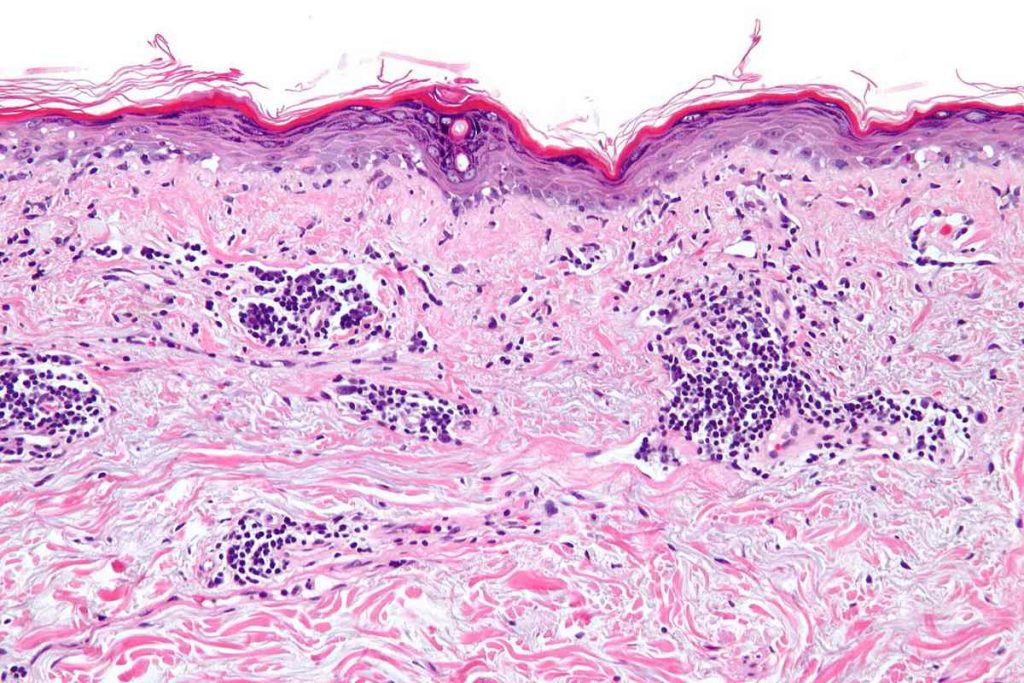A team of scientists from Northwestern Medicine and Brigham and Women’s Hospital has identified the cause of lupus, a serious autoimmune disease that affects 1.5 million Americans.
In doing so, they believe they have found a cure, or at least a more refined treatment, and are now working to develop pharmacological methods to deliver such molecules as potential therapeutics.
Lupus erythematosus (SLE) is a disease in which the body’s immune system attacks its own cells, causing a variety of skin complications and potentially life-threatening damage to the heart, kidneys and brain. The causes of lupus erythematosus are poorly understood, and a scientist at Northwestern University has criticized existing treatments as “blunt instruments.”
The researchers first studied people with lupus. found Patients with the disease were found to have high levels of infection-fighting proteins called interferons and deficient levels of the aryl hydrocarbon receptor (AHR), which controls the body’s response to infection.
“So far, all treatments for lupus are blunt, broad-spectrum immunosuppressive,” said co-corresponding author Dr. Jaehyuk Choi, an associate professor of dermatology at Northwestern University. “By identifying the cause of the disease, we have discovered a potential treatment without the side effects of current treatments.”
Co-author Dr. Deepak Rao, a rheumatologist at Brigham and Women’s Hospital, explains that treatment works as a correction.
“We have identified an underlying imbalance in the immune response in lupus patients and identified specific mediators that can correct this imbalance and attenuate the pathological autoimmune response,” said co-corresponding author Deepak Rao, PhD.
You may also like: Overlooked drug proves to be superior treatment for Crohn’s disease, helping patients avoid surgery
Rao and Choi, along with others on their team, aim to develop drugs that activate the AHR pathway, which, when insufficient, leads to the overproduction of immune cells that promote the production of disease-causing autoantibodies.
Northwestern University Press To demonstrate how this discovery could be harnessed for treatment, the researchers added the AHR-activating molecule back into blood samples from lupus patients, which appeared to reprogram the cells that cause lupus into a type of cell that could promote wound healing from damage caused by this autoimmune disease.
Other treatments for autoimmune diseases: New, simple therapy could be a breakthrough treatment option for ALS and other autoimmune diseases
“We found that by activating the AHR pathway with a small molecule activator or by limiting pathological excesses of interferon in the blood, we could reduce the number of these disease-causing cells,” Choi said. “If these effects are sustained, this could be a potential treatment.”
Spread the word on social media about this potential treatment now…


